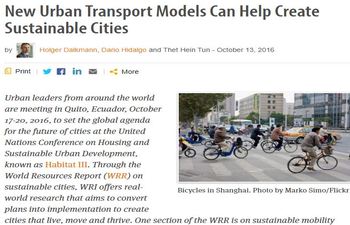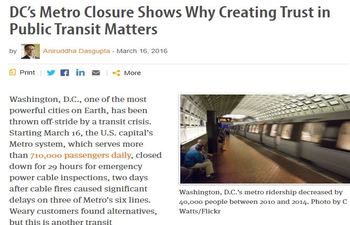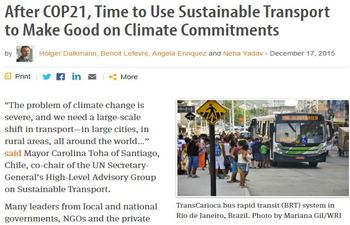Knowledge Hub

Power Management of a Battery/Supercapacitor System for E-Mobility Applications
2019
Author(s): Castiglia V, Livreri P, Miceli R, Pellitteri F, Schettino G, Viola F
Due to the increasing need to accumulate electricity, hybrid energy storage systems (HESS) have become very common in recent years in various applications, from electric vehicles (EVs) to smart grids and renewable energy.
Predictive and Flexible Circular Economy Approaches for Highly Integrated Products and Their Materials As Given in E-Mobility and ICT
2019
Author(s): Knieke C, Lawrenz S, Fröhling M, Goldmann D, Rausch A
This paper presents a novel approach for a predictive and flexible response to dynamically shifting needs in the circular economy chain, contributing to what shall be in future an Advanced Circular Economy System
Ecopreneurs’ Creation of User Business Models for Green Tech: An Exploratory Study in E-Mobility
2018
Author(s): Abdelkafi N, Hansen EG
This paper introduces user business models to the literature on ecopreneurship and explores their contribution to environmental sustainability. Renewable e-mobility is identified as an appropriate application. The research methodology consists of two steps: A document analysis for developing a typology of ecopreneurs with user business models, and an in-depth case study analysis.

New Urban Transport Models Can Help Create Sustainable Cities
2016
Author(s): Dalkmann H, Hidalgo D, Tun Thet H
Urban leaders met to set the global agenda for the future of cities at the United Nations Conference on Housing and Sustainable Urban Development, known as Habitat III. In the World Resources Report (WRR) on sustainable cities, WRI offers real-world research that aims to convert plans into implementation to create cities that live, move and thrive.

This paper briefly illustrates e-mobility history and Indian global e-mobility patterns. The paper analyses some of the key challenges that are present today with regard to the adoption of electric vehicles for the different vehicle segments.
Adapting Carsharing Vehicle Relocation Strategies for Shared Autonomous Electric Vehicle Services
2018
Author(s): Brendel AB, Nastjuk I, Lichtenberg S, Kolbe LM
New mobility services based on the sharing economy are emerging. New mobility solutions must address the challenges of urban development, requiring smart, safe, dynamic and flexible transport alternatives, in order to be regarded as valid alternatives to the existing common means of transport.

DC’s Metro Closure Shows Why Creating Trust in Public Transit Matters
2016
Author(s): Dasgupta A
Public transit is essential to an environmentally sustainable urban future. But it requires public confidence in the transit system. To get people out of their personal cars, there needs to be an attractive alternative.

After COP21, Time to Use Sustainable Transport to Make Good on Climate Commitments
2015
Author(s): Dalkmann H, Lefevre B, Enriquez A, Yadav N
The problem of climate change is severe, and a large-scale shift in transport—in large cities, in rural areas, all around the world is required
Coordinating E-Mobility Charging for Frequency Containment Reserve Power Provision
2018
Author(s): Schlund J, Steinert R, Pruckner M
All over the world, both the energy and transport sector are in a process of change. This paper present a novel approach of coordinating battery electric vehicle charging processes as an ancillary service for the grid.

Probabilistic Model of Electric Vehicle Charging Demand to Distribution Network Impact Analyses
2019
Author(s): Cenky M, Bendik J, Eleschova Z, Belan A, Cintula B, Janiga P
This paper deals with modeling the behaviour of the consumer based on international statistics and its application to the probabilistic model itself.



